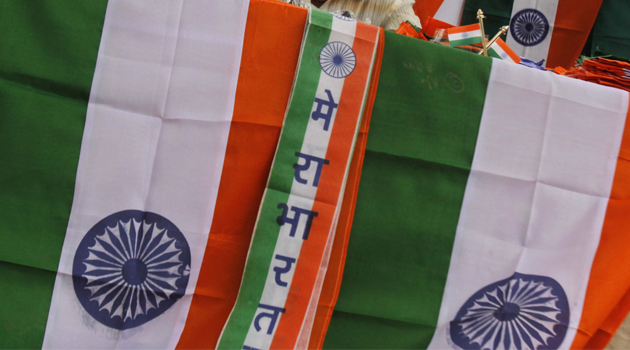NEW DELHI, September 10 – India insisted Wednesday it would not endorse a landmark global trade pact unless it is allowed to subsidise food for its vast poor population.
New Delhi in July torpedoed the Trade Facilitation Agreement (TFA) to reduce trade barriers, demanding quicker progress on exempting its food stockpiles from possible punitive action by the World Trade Organisation.
“We think (the stockpiling issue) is important for India,” Commerce Minister Nirmala Sitharaman told a news conference.
“We shall not wait for an interminable period to get an agreement (on the matter).”
At the same time, Sitharaman said India supported in principle the trade accord, which experts say would inject $1 trillion into international commerce.
“The nation’s intent and interest being very pro-trade facilitation, what can be the reservation we have regarding signing the WTO TFA?” Sitharaman asked.
“Yes, we want to go ahead with the agreement.”
Lately, India has come under pressure from fellow Asian nations, such as China, Japan and South Korea, to allow the TFA to go through. The Association of Southeast Asian Nations (ASEAN) voiced concern last month over delay in the TFA’s implementation.
On Tuesday Prime Minister Narendra Modi declared New Delhi does not oppose “rule based” trade but added that the poor’s interests could not be sacrificed.
The Asian Development Bank recently calculated that 47.7 percent of India’s 1.25 billion population lived below a poverty line of $1.51 a day in 2010.
Stockpiling and subsidies for the poor are considered trade-distorting under existing WTO rules.
All 160 WTO members including India agreed to implement the TFA — which would mark the first big global trade liberalisation deal in two decades — at a 2013 meeting in Bali. India’s move to hold up the deal in July surprised fellow WTO members.
The agreement was due to take effect in mid-2015.
At the time of the Bali accord, WTO members agreed on a four-year “peace clause” to protect India from being punished over subsidies and stockpiles until a “permanent” solution” was reached.
But after the Bali pact, Indian officials complained there were nearly two dozen meetings on the trade facilitation pact and just a handful on subsidies.
Other WTO members have sought to assure India its concerns will be met satisfactorily.


































